BOKEH. Terrifyingly real science fiction apocalypse
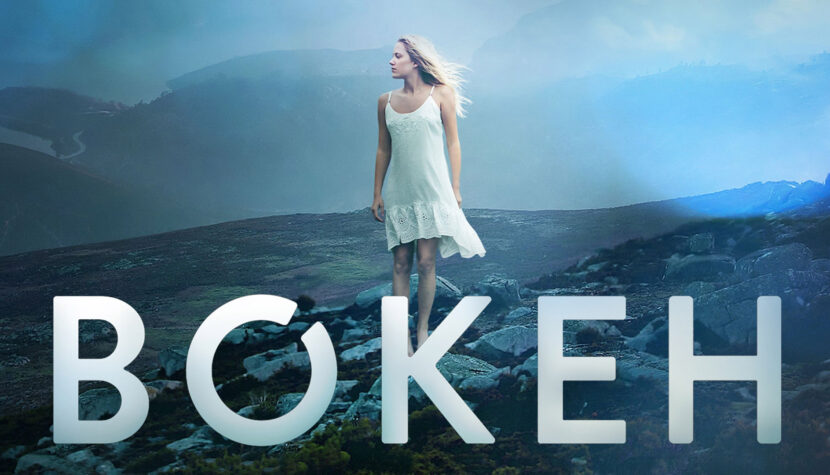
Typically, they involve all sorts of catastrophes that completely destroy the world as we know it. But what if the disaster on Judgment Day didn’t involve physical devastation, but rather triggered a sense of emptiness and isolation in the victims? What if, like in Czesław Miłosz’s poem, the end turned out to be seemingly unnoticed, divided into stages?
This idea forms the basis of the film Bokeh, a low-budget work by the duo Geoffrey Orthwein and Andrew Sullivan. The film’s theme should appeal to every science fiction enthusiast. We meet a couple in love, Riley and Jenai (played by Maika Monroe, known from It Follows), who embark on a romantic journey to Iceland. One day, however, they have the opportunity to experience an unexpected and mysterious cataclysm in which all people on Earth disappear. For some reason, the protagonists are spared and left to fend for themselves.
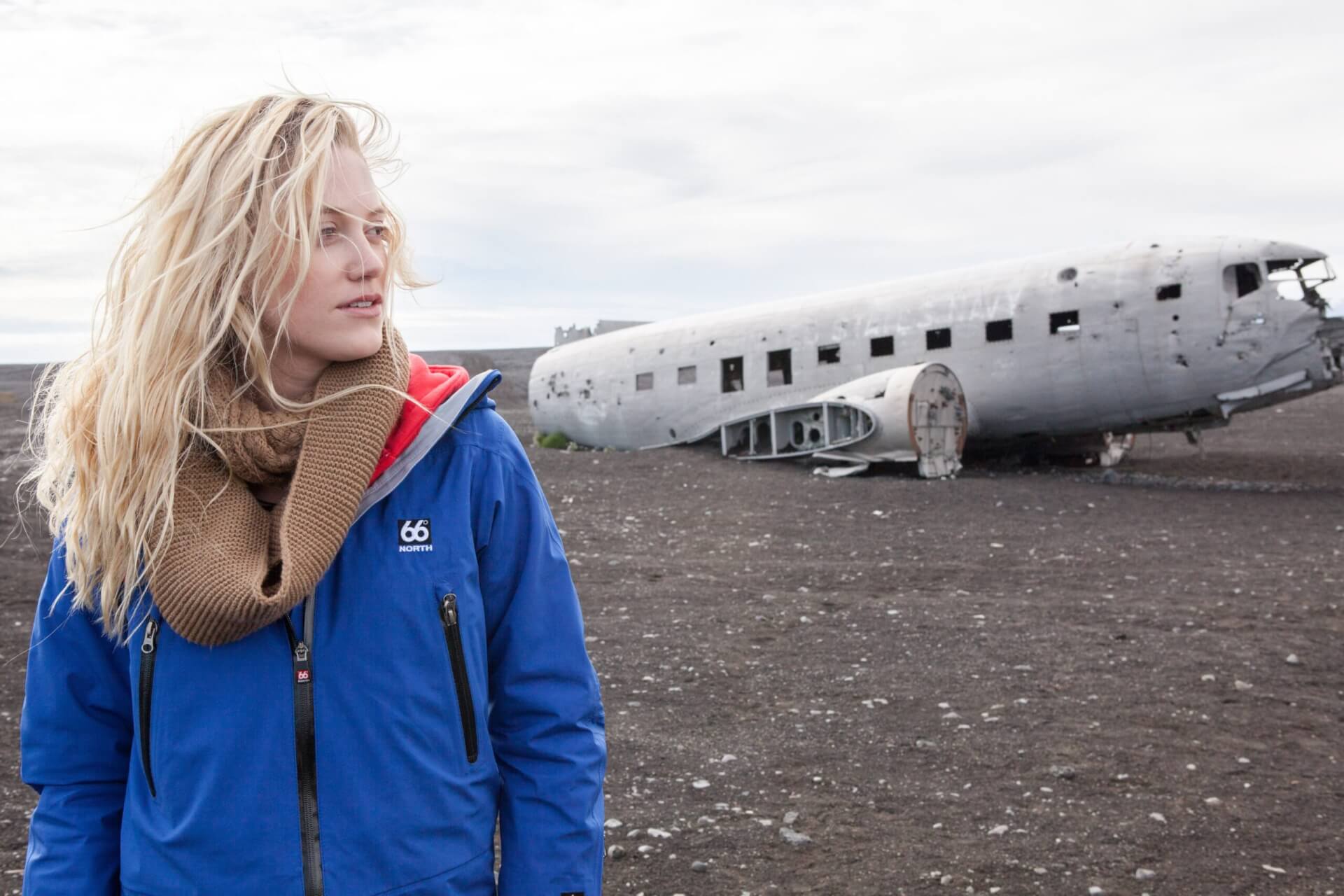
Let’s agree on one thing: it’s not an original idea. However, those looking for originality or surprising directorial virtuosity in Bokeh should skip the viewing right away. Similar to The Leftovers, which deals with a similar theme, the creators of Bokeh were not interested in leading the viewer from the moment of the mystery’s onset to its explanation. They were much more interested in what would happen to the characters in the face of the situation they found themselves in, what their emotions and behaviors would be. And this perspective is not optimistic.
Therefore, Bokeh is very subtle cinema, focused on precise camera work, complemented by gentle instrumental music. The significance of the visual layer is suggested by the title itself – bokeh is a photographic technique. The film’s images make it a cinematic postcard from Iceland. It is cinema focused on creating an atmosphere of isolation, encouraging reflection. It is, in the end, exceptionally boring cinema, but it’s a boredom compared to that experienced by a poet sitting in a meadow, pondering the essence of life. It’s a boredom worth enduring.
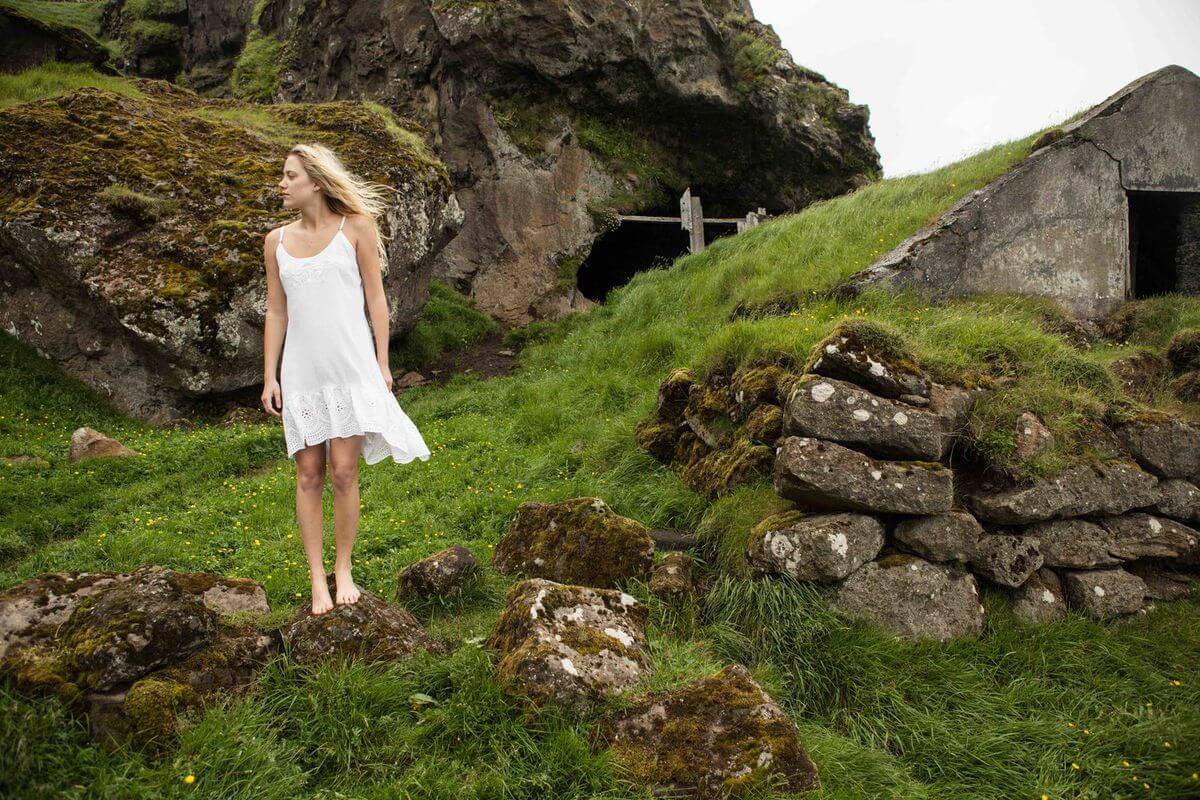
The protagonists initially try to make sense of their situation. Initially, there are questions addressed to God, and there is also an analogy with the experiences of the biblical Job in the dialogues. Jenai and Riley try to explain their own suffering. Over time, however, they realize that freedom and wide access to all the goods of civilization mean nothing in the face of the deafening, crushing loneliness. Surprisingly, the situation in which the characters find themselves can be best compared to a vast prison that, although allowing full freedom of movement, consistently oppresses the souls of those inside.
There is one scene in Bokeh that I will remember for a long time. Although people have disappeared from the world, electronics have not disappeared, and thus, television and the internet still work. The problem is that no one is sending email messages to the protagonists, and no one is knocking on the phone. At one point, while near her laptop, the protagonist hears the signal of an incoming email. When excitedly sitting in front of the device, for a moment, hope revives in her heart that someone from her family has decided to give a sign that they are alive and well. Like a blow to the face, she realizes that it is only her boyfriend, who is nearby, sending her another insignificant letter. The disappointment on the protagonist’s face is so eloquent that no further comment is needed.
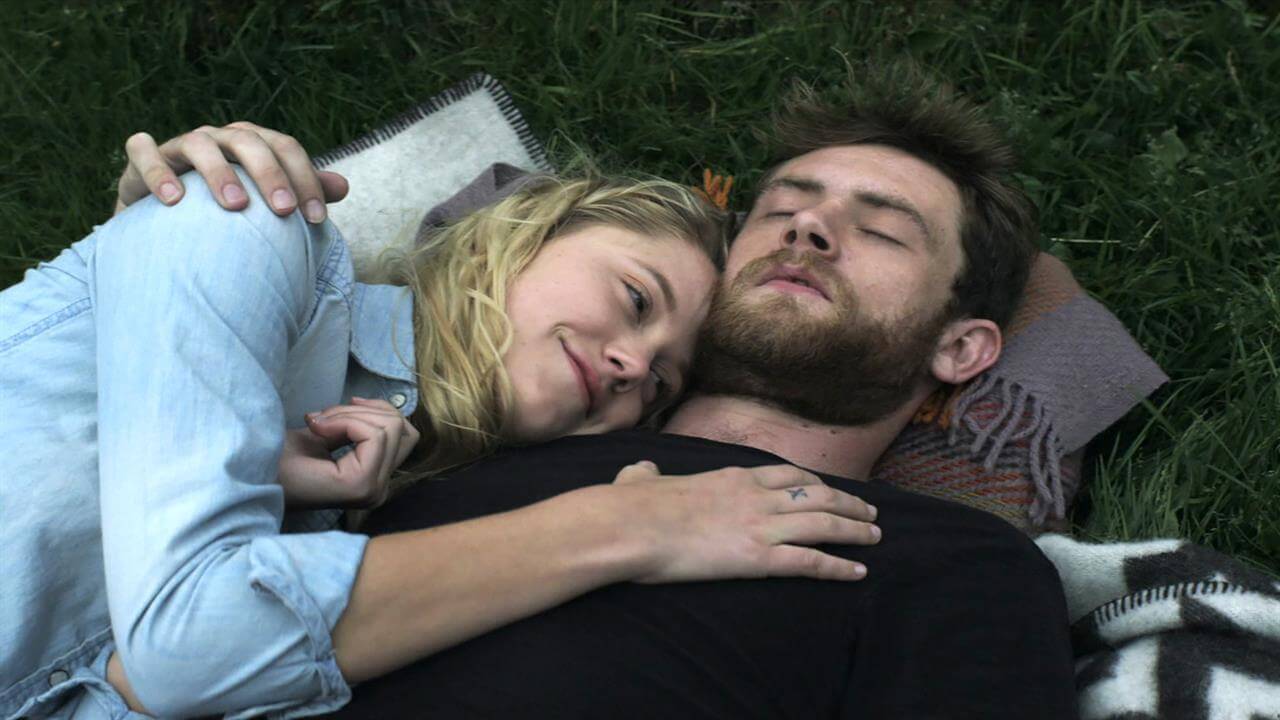
Although much is said today about how contemporary society has completely atomized, divided into individual units, walking their own paths, gazing into the black mirrors of smartphones, Bokeh provides a counterpoint to this. Man is a social being, man is part of a community, man is a herd animal. It doesn’t matter whether bonds are created virtually or through direct, face-to-face contact. After being detached from the community, all that remains is emptiness and slow withering.
Bokeh is a very subdued, poetic screening, encouraging reflection. It is far from the fireworks of post-apocalyptic cinema. Although the behavior of the main characters is sometimes irritating due to its childishness, and the pace of the action may cause some viewers to doze off during the film, I will defend Bokeh because, in the long run, it contains something intriguing and thought-provoking.
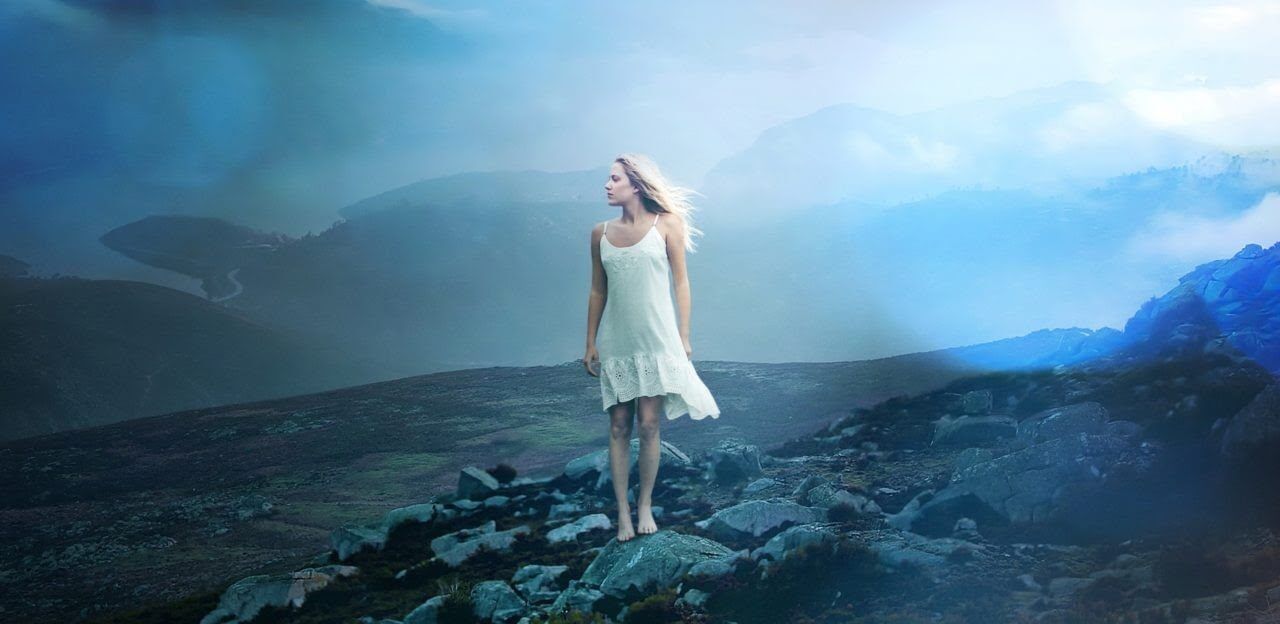
Perhaps the essence lies in the fact that the end of the world in Bokeh, devoid of spectacular effects, though based on a concept inherently fantastical, depicts very close, almost tangible consequences. Try going to a mountain cabin for a month, completely isolated and without any contact with civilization. Yes, you will experience mental rest, but only because from the beginning, you will have the perspective of returning to society. The protagonists of Bokeh have been deprived of this perspective, and that is their tragedy.

